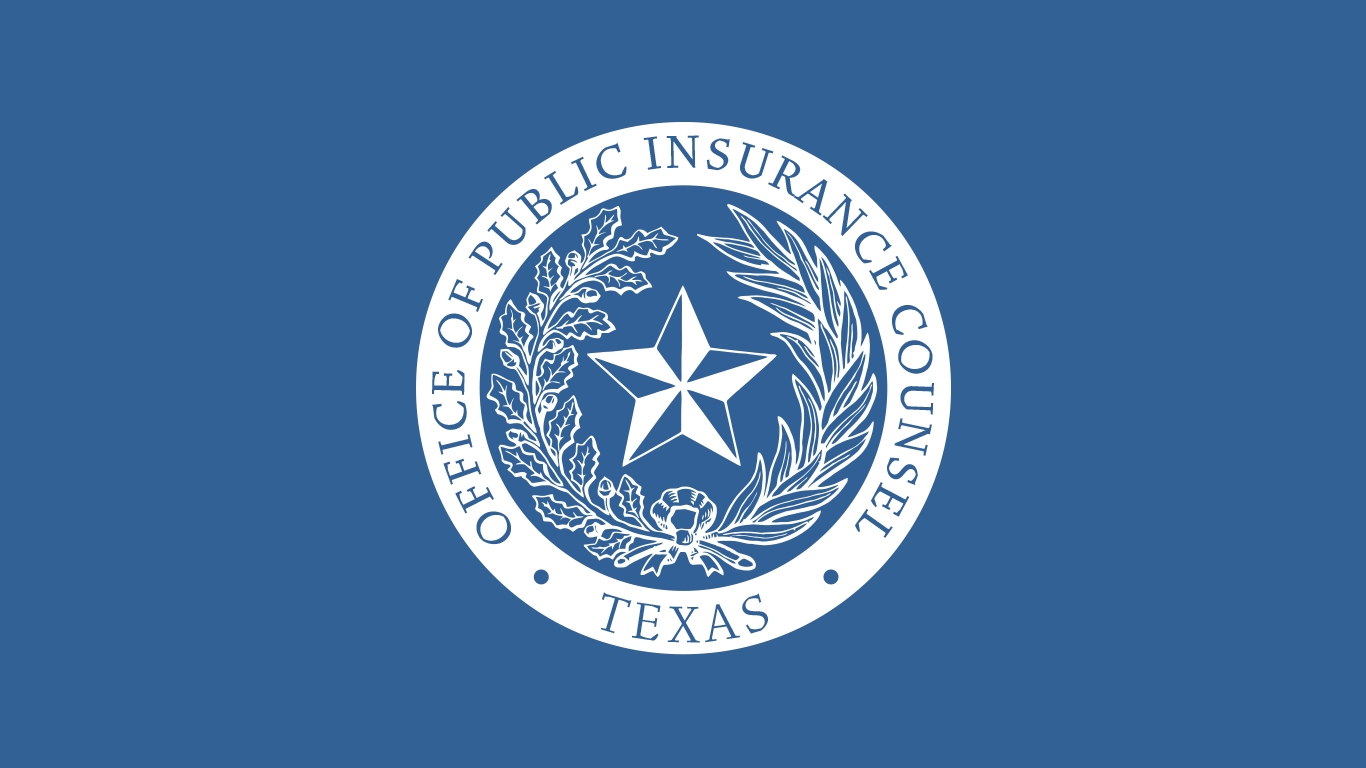Home>Finance>How Long Is The Grace Period For An Individual Life Insurance Policy In NY


Finance
How Long Is The Grace Period For An Individual Life Insurance Policy In NY
Published: February 21, 2024
In New York, the grace period for individual life insurance policies is crucial for financial planning. Learn about the specifics and how it impacts your finances.
(Many of the links in this article redirect to a specific reviewed product. Your purchase of these products through affiliate links helps to generate commission for LiveWell, at no extra cost. Learn more)
Table of Contents
Introduction
Understanding the Importance of Grace Periods in Individual Life Insurance Policies
Individual life insurance policies provide financial security and peace of mind to policyholders and their loved ones. In the event of the policyholder's demise, the beneficiaries receive a predetermined sum, offering a crucial safety net during challenging times. However, to ensure the continuous coverage and validity of the policy, it's essential to understand the concept of the grace period.
During this grace period, the policy remains in force even if the premium payment is overdue. This period serves as a buffer, allowing policyholders to make late payments without the risk of policy termination. Understanding the nuances of the grace period is vital for policyholders, particularly in the state of New York, where specific legal requirements govern this aspect of insurance policies.
In this article, we will delve into the significance of grace periods in individual life insurance policies, particularly focusing on the legal provisions in New York. By comprehending the grace period and its implications, policyholders can make informed decisions to safeguard their financial well-being and that of their beneficiaries.
Understanding the Grace Period for Individual Life Insurance Policies
The grace period in an individual life insurance policy is a critical component that offers a safeguard against unintended lapses in coverage due to missed premium payments. Typically, this period spans 30 to 31 days, during which the policy remains in force even if the premium payment is overdue. This provision grants policyholders the opportunity to rectify late payments without facing immediate policy termination.
It’s important to note that the grace period does not extend the coverage period beyond the original policy term. Instead, it serves as a buffer for late payments, ensuring that the policyholder and their beneficiaries maintain financial protection. During this time, the policyholder retains all rights and benefits outlined in the policy, allowing for seamless continuation of coverage.
Policyholders should be aware that while the grace period offers leniency for delayed payments, it does not absolve the obligation to settle outstanding premiums. Failure to make payments within the grace period can lead to policy termination, potentially leaving the policyholder and their beneficiaries vulnerable to financial risks.
Understanding the specifics of the grace period is crucial for policyholders, as it empowers them to manage their insurance obligations effectively. By being cognizant of the grace period’s duration and implications, policyholders can navigate potential financial challenges and maintain the continuity of their life insurance coverage.
Legal Requirements for Grace Periods in New York
In the state of New York, individual life insurance policies are governed by specific legal provisions regarding grace periods. According to New York insurance laws, individual life insurance policies must include a grace period of no less than 31 days for the payment of premiums after the first premium, and no less than 30 days for subsequent premium payments. This regulatory framework aims to protect policyholders from immediate termination of coverage due to temporary financial constraints or inadvertent delays in premium payments.
Furthermore, New York insurance regulations stipulate that during the grace period, the policy remains in force, and the policyholder retains all rights and benefits outlined in the original policy. This includes the continuation of coverage and the preservation of the policy’s terms and conditions, ensuring that the policyholder and their beneficiaries remain protected during this period.
It is essential for policyholders in New York to be well-informed about these legal requirements, as they form the foundation for the protection and continuity of their life insurance coverage. By understanding the specific grace period regulations in New York, policyholders can navigate their insurance obligations with confidence, knowing that there are mandated provisions in place to safeguard their interests.
Compliance with the legal requirements for grace periods in New York is paramount for insurance providers, ensuring that policyholders are afforded the necessary flexibility and protection to manage their life insurance policies effectively. By adhering to these regulations, insurance companies contribute to a more secure and equitable insurance landscape in the state of New York.
Importance of Knowing the Grace Period
Understanding the grace period is of paramount importance for policyholders, as it directly impacts the continuity and validity of individual life insurance coverage. By being well-informed about the grace period and its implications, policyholders can effectively manage their insurance obligations and mitigate the risk of policy termination due to missed premium payments.
One of the key reasons for knowing the grace period is to avoid unintended lapses in coverage. Life is unpredictable, and circumstances such as financial constraints or oversight can lead to delayed premium payments. By knowing the duration of the grace period and the provisions it offers, policyholders can navigate such situations with confidence, ensuring that their coverage remains intact during challenging times.
Furthermore, understanding the grace period empowers policyholders to make informed decisions regarding their insurance payments. It provides a window of opportunity to rectify late payments without immediate repercussions, offering a level of flexibility that can be invaluable during temporary financial hardships.
Knowing the grace period also fosters a sense of security and preparedness. Policyholders who are aware of this provision can proactively manage their premium payments, thereby safeguarding the financial well-being of their beneficiaries. This knowledge empowers policyholders to take proactive measures to uphold their insurance coverage, contributing to long-term financial stability and protection for their loved ones.
Additionally, being knowledgeable about the grace period enhances the overall understanding of the individual life insurance policy. It allows policyholders to grasp the specific terms and conditions related to premium payments and coverage continuation, fostering a deeper comprehension of their insurance arrangements.
Ultimately, the importance of knowing the grace period cannot be overstated. It serves as a crucial element in maintaining the integrity of individual life insurance policies, offering policyholders a safety net during challenging circumstances and contributing to their peace of mind and financial security.
Conclusion
The grace period for individual life insurance policies in New York holds significant implications for policyholders, shaping the continuity and reliability of their coverage. By delving into the nuances of the grace period and the legal requirements in New York, policyholders can gain a comprehensive understanding of this pivotal aspect of their insurance policies.
Understanding the grace period empowers policyholders to navigate potential challenges related to premium payments, ensuring that their coverage remains intact during times of financial strain or unforeseen delays. This knowledge not only fosters a sense of security but also enables policyholders to make informed decisions regarding their insurance obligations, ultimately contributing to the long-term financial well-being of their beneficiaries.
Moreover, the legal requirements for grace periods in New York serve as a protective framework, offering policyholders a mandated buffer to manage their insurance payments effectively. Compliance with these provisions by insurance providers further solidifies the safeguarding of policyholders’ interests, creating a more equitable insurance landscape in the state.
As such, the importance of knowing the grace period cannot be overstated. It forms a cornerstone of responsible insurance management, providing policyholders with the knowledge and flexibility to uphold their coverage and protect their loved ones in the face of unforeseen circumstances.
In conclusion, a comprehensive understanding of the grace period in individual life insurance policies is essential for policyholders in New York. By recognizing its significance, policyholders can navigate their insurance responsibilities with confidence, secure in the knowledge that there are mandated provisions in place to safeguard their coverage and ensure the continuity of financial protection for their beneficiaries.














